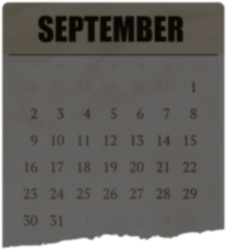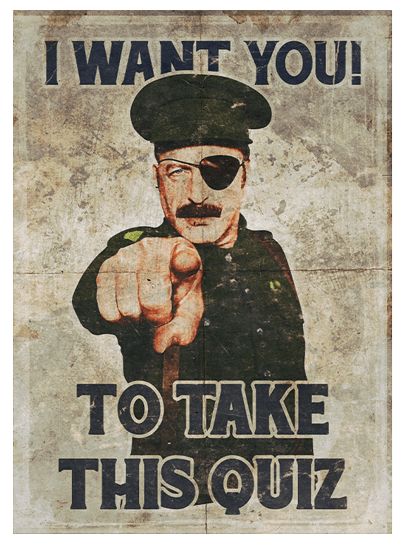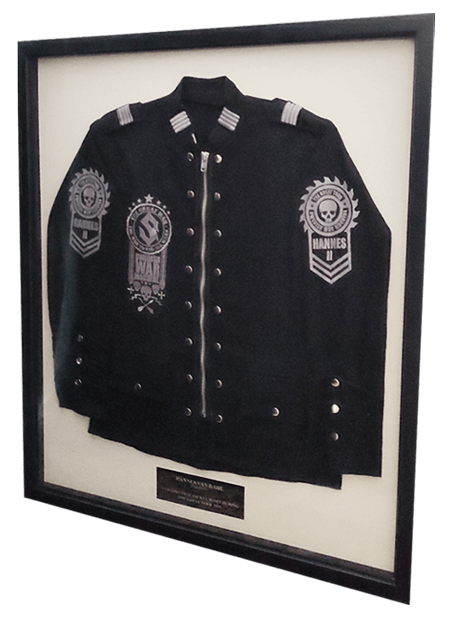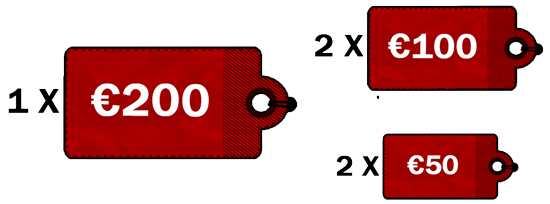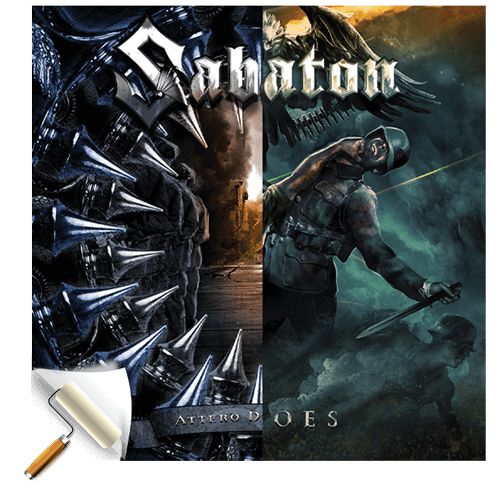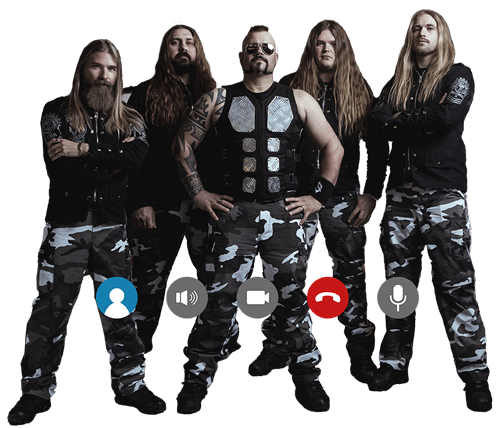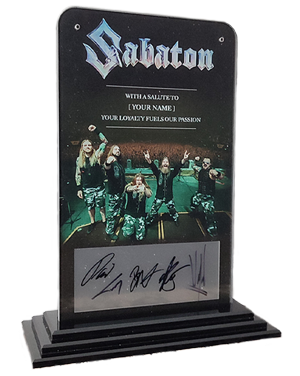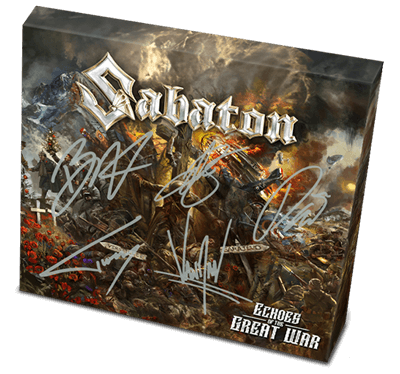Rise of Evil
“Now we’re just getting started. We have the power and we’re not going to give it up again.”
With these prescient words, Adolf Hitler greeted his party members on February 5, 1933, a few days after he was officially declared the new chancellor of Germany. The National Socialists, his party, also known as the NSDAP or the Nazi Party, was now the biggest party in the Reichstag – the parliament – with 33% of the seats.
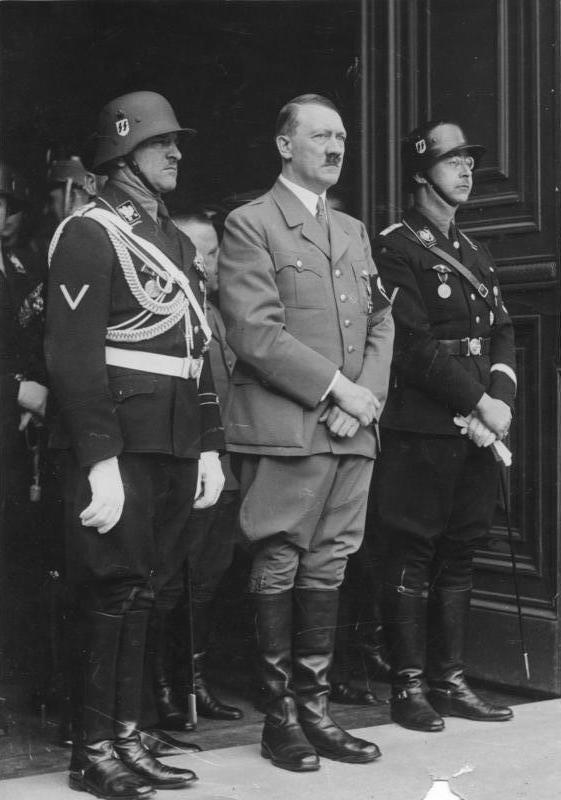
Now, the Communist Party had 16.9% of the seats. This meant that the conservative centre right and liberal centre left parties, opposed both to the Communists and the Nazis, as well as each other, didn’t have the majority needed to form a government. Instead, under the leadership of a conservative and catholic block, many of the mainstream MPs planned to simply control the ambitious Hitler when he became chancellor.
But Hitler was determined. His goal was to get nothing less than absolute power. He would destroy the parliamentary system which he very much despised and establish his Führerdiktatur by any and all means necessary. But in order to rise above the others, Hitler had to first win over the general public, large private interests and the powerful elements of the government and the military.
Emotional manipulation
His first speech as the chancellor of the Reich was a roundup of the topics he had unceasingly spoken about since the beginning of his political career in the pubs of Munich after the First World War. But Hitler had perfected the art of public speaking and he knew how to work a crowd and how to paint pictures in the minds of his listeners. He spoke of the years of Marxist influence that had ruined the German economy; how the Treaty of Versailles, dictated by the malevolent victors of the war, had left the once glorious German empire fragmented and its people impoverished. And as the listeners grew emotional, Hitler promised that he would destroy Marxism with fire and sword, and free Germany from the poisonous class-struggle. Under his leadership, German society would find its way back to conservative Christian values, and find renewed pride in its past. This turned non-Nazi tacit acceptance of Hitler into actual sympathy, especially from the right end of the political spectrum.
However, while Hitler spoke of peace and prosperity to the public, he shifted to a bellicose, threatening and more sinister tone in more private conversations. Just a few days after becoming chancellor, he met with the highest Generals of the Reichswehr, Germany’s handicapped army. “Germany’s future”, Hitler insisted, “is depending on the Wehrmacht and the Wehrmacht alone.” Pacifism was unworthy of Germany’s heritage, and according to Hitler’s social-Darwinistic views, Germany had to fight its way back to great power status. Getting back its lost colonies was one idea, but conquering ‘Lebensraum’ in Europe’s east and pursuing a ruthless Germanisation was preferable to Hitler and the Nazis. Either way, to be in a position to make demands of the world, Germany’s military had to undergo a massive build up, despite the limitations imposed by the Versailles treaty. This was exactly what those Generals most wanted to hear. A strong military would consequently elevate their own positions in German society.
As a next step, Hitler met with another powerful group – the Industrials. Many shareholders of the big companies, such as IG Farben or Krupp, were initially distrustful of Hitler and his party. The ‘socialist’ part especially of the ‘National-Socialist Party’ had a lot of them worried that radical economic changes that would negatively affect them were on the horizon.
There is still a debate among historians as to how ‘socialist’ the National Socialists actually were. In terms of social policy that was on the extreme reactionary right; opinions vary as to their economic policy, and they likely always will, but one thing was certain about the party back then: The NSDAP was broke. Election campaigns are expensive and the lavish style of the Nazis, with all their uniforms, banners and parades, was a real drain on funds. Hitler convinced the industrials, though, that ‘socialist’ was a rather flexible term, and that their powerful position would go untouched under his rule. Instead, there would be a lot of new contracts for them from the armament industry. Once again, Hitler’s speaking skills transformed suspicious listeners to excited followers, and by the end of the meeting, the NSDAP coffers were filled by 3 million Reichsmarks.
Turning on his enemies
Now with the support of both the military and industry, Hitler turned to his internal enemies. He made fellow Nazi Herman Göring – a famous WWI fighter pilot who was President of the Reichstag and Minister without Portfolio in 1933 – Reichskommissar of the Prussian Department of the Interior and Minister President of Prussia. This meant that Göring now commanded both the police and the administration of the Prussian State, and he immediately purged both institutions of enemies of the Nazis. He then formed the Gestapo – the secret police.
The Nazi paramilitary organisations SS, SA and Stahlhelm now ran rampant, targeting their enemies and settling scores both old and new. Their victims were mostly communists and social democrats at this point, but other critics of the Nazis fell prey to the violent mob or to corrupt police officers. They busted up election meetings, jumped and arrested people on the street, or dragged them out of their homes at night. In the ‘brown barracks’, the enemies of the Nazis were brutally beaten, tortured and often outright killed without consequence for the murderers. Brutal terror swept the Prussian state, but that was only in fact an omen of what was to come for the rest of the country once the Nazis got control of the entire government system.
Officially, this was explained by Hitler as preventing the imminent communist revolution. This was actually believed by large portions of the public, because the danger of the communist threat – the red scare – had been hyped by politicians across the spectrum since the First World War. The Reichstag Fire, the burning of the German parliament building on February 27, was just another catalyst to further escalate the violence. To this day there are those who believe that the Nazis were actually behind the attack on the Reichstag, although there is no direct evidence of this, and in his diaries, Josef Goebbels – Nazi propagandist and in February 1933 soon to be Minister of Propaganda – gives no hints about it. But the lone Dutch communist that was captured at the scene gave Hitler the chance to push the first of many emergency laws through parliament. As a response to the attack, the basic rights of freedom of speech, freedom of assembly and freedom of the press were immediately suspended. As was the power of the individual German states.
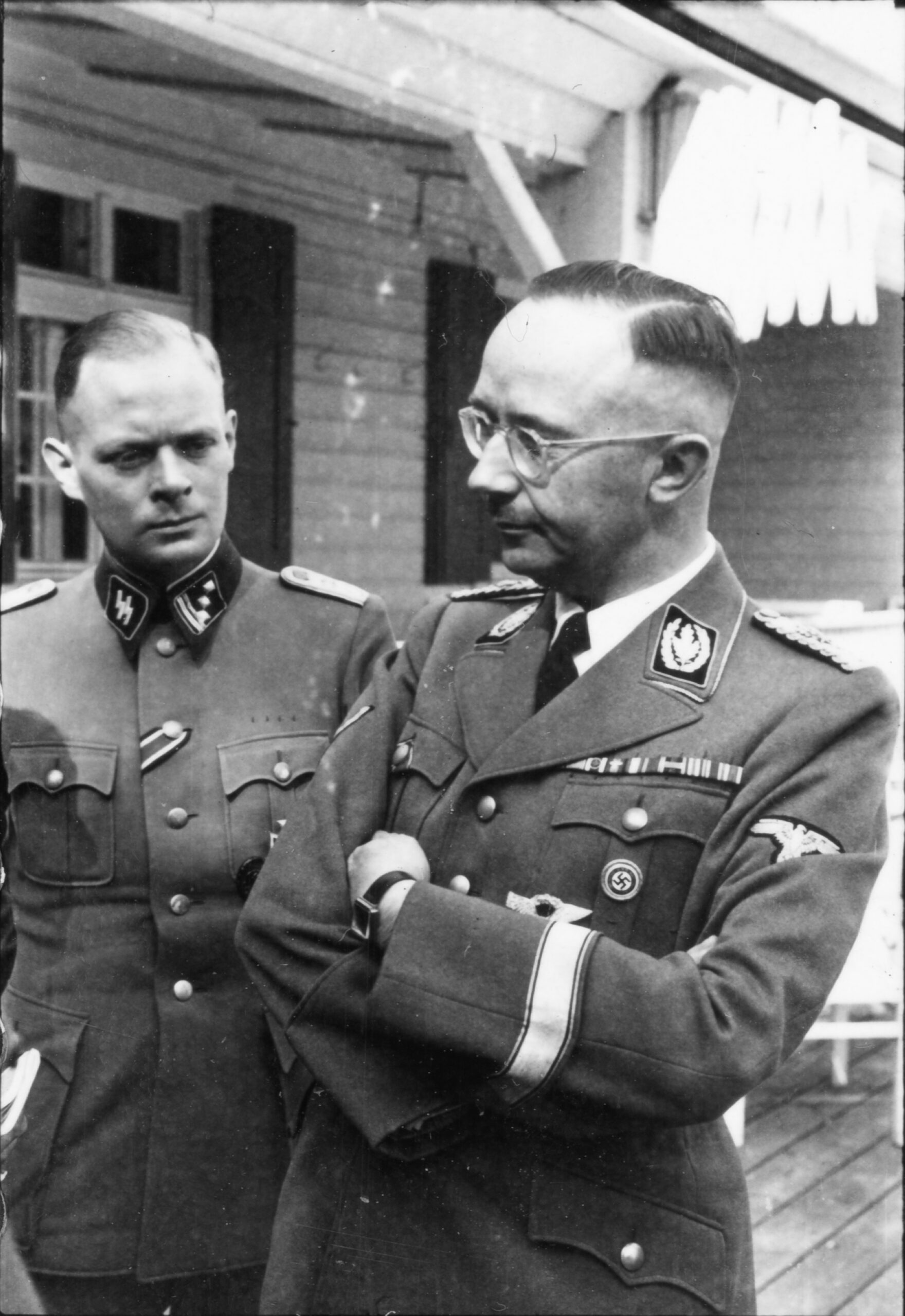
The terror now swept nationwide as the Gleichschaltung, the co-option of the interior ministries under Nazi rule, took effect under these emergency laws. Bit by bit, the positions in the governments of German cities and states were overtaken by Nazi Party members. All police and security forces were by mid-1934 under direct control of the SS-Schutzstaffel and its leader, Heinrich Himmler. Himmler appoints Theodor Eicke to head up the Dachau Camp and Eicke proceeds to formalise what had been a spontaneously created concentration camp system. An atmosphere of violence and fear gripped every German city in those days, and everyone knew that people could simply disappear and find themselves in the ‘laboratory of violence’, what the German historian Volker Ullrich called Dachau in those days.
Enemy of the state
Among those people who disappeared were Jews, the main villains in Hitler’s worldview. Now, the takeover by Hitler triggers some rather negative reactions abroad, so the Nazis claim, with no evidence, that this is because Jews are spreading false stories of atrocities committed in Germany. In retaliation of the fictional crimes, on April 1, 1933, the Nazis call for a nationwide boycott of Jewish stores, doctors and lawyers. Although the boycott gained little traction and only lasted a day, Jews were now the official enemy of the state and the legal discrimination against Jews was soon followed by physical violence. This was very unpopular with large parts of the general public, but there was no substantial resistance among the people either. Just apathy. The terror had already done its work. The people were terrified, and the violence and discrimination against the Jews would only increase year by year, even until the pogroms of Kristallnacht of 1938, when Jews were killed or sent to camps by the thousands, their synagogues burned, their homes, prayer rooms and graveyards destroyed. At the beginning of November 1938, they were incarcerated simply for being Jews.
Back again in 1933, on May 1, the National Socialist Party celebrated the Tag der Arbeit – Labour Day – as an official holiday with huge parades and tens of thousands of workers listening to Hitler’s speeches on the radio. Hitler had promised to reduce the high unemployment rate with gigantic construction projects, such as the Autobahn. A short-term solution, sure, but the idea worked, and the traditional left-leaning workers put their trust in Hitler. The next day, the last real threat to Nazi rule that could have united large parts of society, the unions, accepted their dissolution without a fight.
The Nazis take control
The NSDAP had gained over 2 million members in just those three months of 1933 alone and the Nazis had successfully destroyed any opposition to their rule. Everyone who thought Hitler controllable, everyone who thought the Nazis would never gain real power, and everyone who had hesitated to organise a coordinated resistance to the violence, was now rendered powerless. The Nazis had taken control over every vital institution in Germany and they were not about to give up that power.
The swastika flew next to the national colours and would soon replace them as the flag of the German Reich. From the very beginning, Hitler had not only been determined to obtain absolute power, but he had also been completely open about his plans. His ambitions declared in his book ‘Mein Kampf’ were by no means a secret, but nearly everybody had underestimated the ruthlessness of the former corporal from Austria. “One party, one belief, one conviction”, as Goebbels dictated. All other parties must be eradicated, and only the Nazi party shall remain.
With Germany under his control, Hitler moved on to the next phase of his grand vision. His gaze wandered outwards, across the borders drawn in 1919. The Führer looked towards Austria, Czechoslovakia, Poland and Lithuania. To the countries that he saw as bearing the stigma of the Versailles treaty, nations where a large ethnic German population lived under what Hitler considered foreign rule.
Reversing or breaking that treaty was the next step in Hitler’s plans, but that would take time to prepare, and until then, Hitler had to rely on ‘bait and switch tactics’. Dishonesty was his weapon of choice, to test the weakness and the gullibility of the other European powers. While the Wehrmacht was preparing and rebuilding under the Swastika, the Führer’s plans for the expansion of the Third Reich were set in motion. Hitler was growing ready to wager Germany’s future in an all-or-nothing gamble. There would be no 1918 ever again. Germany would return to glory or it would perish.
Hitler’s demise
Fast-forward to Adolf Hitler’s death; there was no glorious ending for the man responsible for the bloodiest war in human history. With the German capital Berlin crippled by a massive Soviet attack and on the verge of falling, it is believed that Hitler poisoned and shot himself in his underground bunker on April 30, 1945. His wife, Eva Braun, also committed suicide. Both bodies were reportedly burned and buried.
Adolf Hitler’s rise to power inspired our song ‘Rise of Evil‘, which is featured on our album, Attero Dominatus. Take a look at the lyrics we wrote here.
If you’re interested in a more visual interpretation of the above story, watch our Sabaton History episode, Rise of Evil – Adolf Hitler and the Nazi Party:
